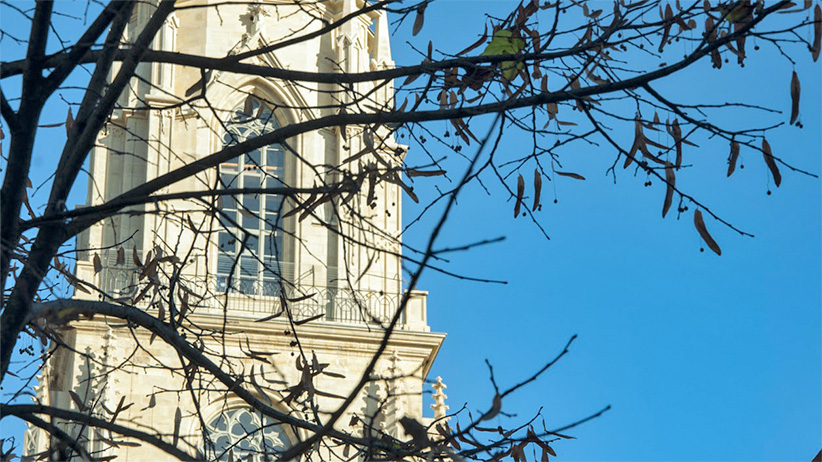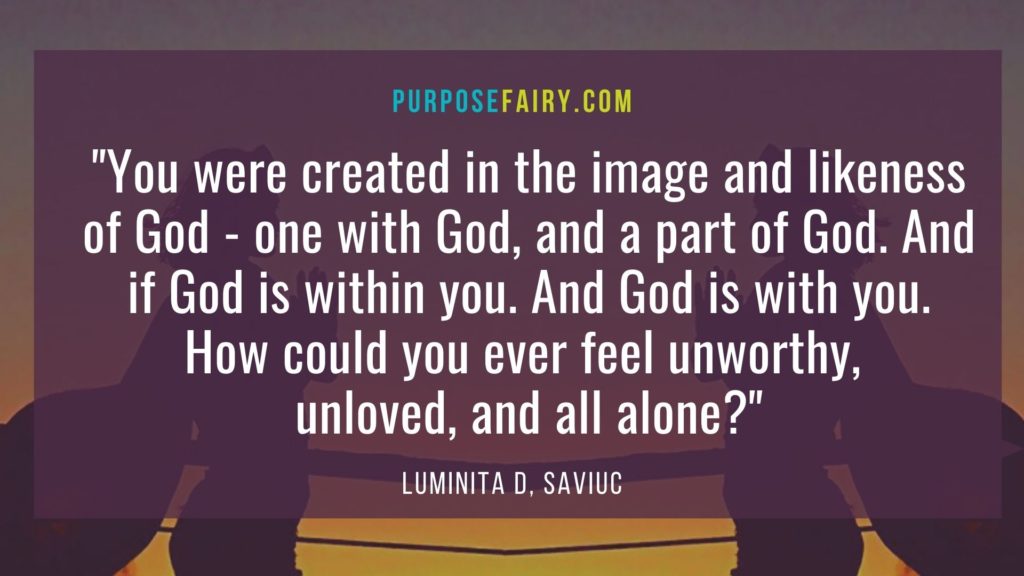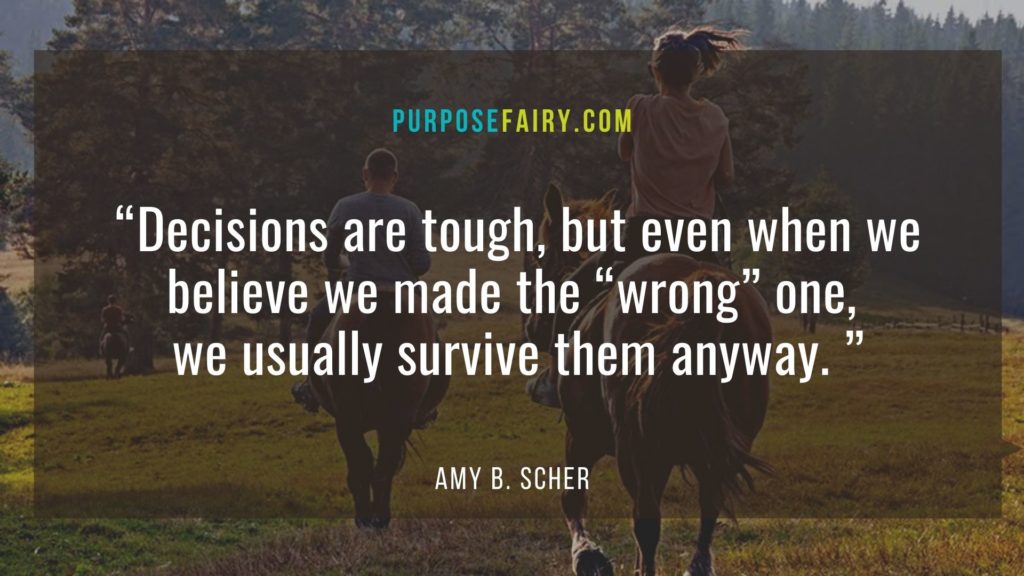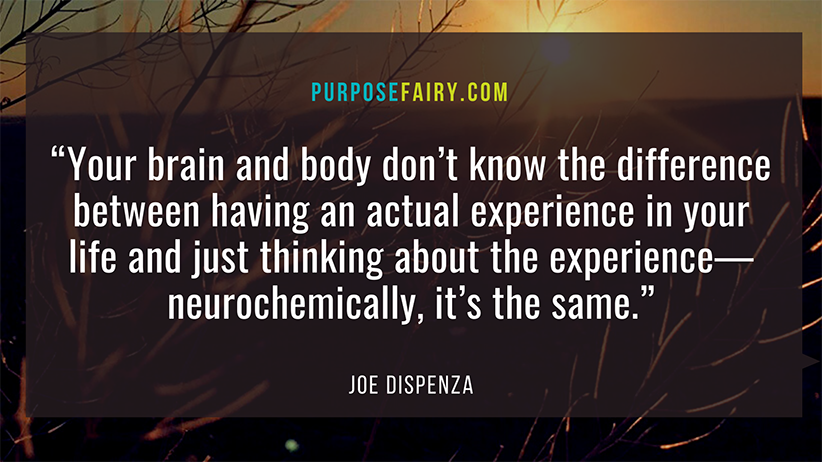
Much inspiration and wisdom come from Nikos Kazantzakis, the author of Zorba the Greek, Saint Francis, and many more life-altering books.
Nikos Kazantzakis
And today it is with great joy that I share with you just a small part of his legacy.
Ready?
33 Life-Changing Lessons to Learn from Nikos Kazantzakis
1. True happiness is to have no ambition and to work like a horse as if you had every ambition.
“This is true happiness: to have no ambition and to work like a horse as if you had every ambition. To live far from men, not to need them and yet to love them. To have the stars above, the land to your left and the sea to your right and to realize of a sudden that in your heart, life has accomplished its final miracle: it has become a fairy tale.”~ Nikos Kazantzakis
2. While experiencing happiness, we have difficulty in being conscious of it.
“I was happy, I knew that. While experiencing happiness, we have difficulty in being conscious of it. Only when the happiness is past and we look back on it do we suddenly realize – sometimes with astonishment – how happy we had been.”~ Nikos Kazantzakis
3. Man needs a little madness or else – he never dares cut the rope and be free.
“You have everything but one thing: madness. A man needs a little madness or else – he never dares cut the rope and be free.”~ Nikos Kazantzakis
4. You free yourself from one passion to be dominated by another and nobler one. Isn’t that too a form of slavery?
“Free yourself from one passion to be dominated by another and nobler one. But is not that, too, a form of slavery? To sacrifice oneself to an idea, to a race, to God? Or does it mean that the higher the model the longer the longer the tether of our slavery?
Then we can enjoy ourselves and frolic in a more spacious arena and die without having come to the end of the tether. Is that, then, what we call liberty?”~ Nikos Kazantzakis
5. Blessed is the man who can recognize God in all His disguises.
“God changes his appearance every second. Blessed is the man who can recognize him in all his disguises.”~ Nikos Kazantzakis

6. When everything goes wrong, what a joy to test your soul and see if it has endurance and courage!
“When everything goes wrong, what a joy to test your soul and see if it has endurance and courage! An invisible and all-powerful enemy—some call him God, others the Devil, seem to rush upon us to destroy us; but we are not destroyed.”~ Nikos Kazantzakis
7. We should not hurry, we should not be impatient, but we should confidently obey the eternal rhythm.
“For I realize today that it is a mortal sin to violate the great laws of nature. We should not hurry, we should not be impatient, but we should confidently obey the eternal rhythm.”~ Nikos Kazantzakis
8. Every man has his folly, but the greatest folly of all … is not to have one.
“Every man has his folly, but the greatest folly of all … is not to have one.”~ Nikos Kazantzakis
9. The highest point a man can attain is Sacred Awe.
“The highest point a man can attain is not Knowledge, or Virtue, or Goodness, or Victory, but something even greater, more heroic and more despairing: Sacred Awe!”~ Nikos Kazantzakis
10. What we endure is nothing compared to the world’s boundless misfortune.
“Good god how much I have suffered, but serenely, because I understood that what I endured was nothing, just a caress compared to the world’s boundless misfortune.”~ Nikos Kazantzakis
11. There is only one life for all men.
“Once more there sounded within me the terrible warning that there is only one life for all men, that there is only one life for all men, that there is no other and that all that can be enjoyed must be enjoyed here. In eternity no other chance will be given to us.”~ Nikos Kazantzakis
12. The human soul is heavy, clumsy, held in the mud of the flesh. Its perceptions are still coarse and brutish. It can divine nothing clearly, nothing with certainty.
“The human soul is heavy, clumsy, held in the mud of the flesh. Its perceptions are still coarse and brutish. It can divine nothing clearly, nothing with certainty.”~ Nikos Kazantzakis
13. Who knows, perhaps God is simply the search for God.
“Who knows, perhaps God is simply the search for God.”~ Nikos Kazantzakis
14. Let your youth have free reign, it won’t come again, so be bold and no repenting.
“When you’ve made up your mind, no use lagging behind, go ahead and no relenting, Let your youth have free reign, it won’t come again, so be bold and no repenting.”~ Nikos Kazantzakis

15. Luck is blind, they say. It can’t see where it’s going and keeps running into people…and the people it knocks into we call lucky.
“Luck is blind, they say. It can’t see where it’s going and keeps running into people…and the people it knocks into we call lucky! Well, to hell with luck if it’s like that, I say!”~ Nikos Kazantzakis
16. Over and above the truth, there exists another duty which is much more important and much more human.
“I knew that over and above the truth, there exists another duty which is much more important and much more human.”~ Nikos Kazantzakis
17. Man is like a tree. You’ve never quarrelled with a fig tree because it doesn’t bear cherries, have you?
“Every one follows his own bent. Man is like a tree. You’ve never quarrelled with a fig tree because it doesn’t bear cherries, have you?”~ Nikos Kazantzakis
18. What a miracle life is and how alike are all souls when they send their roots down deep and meet and are one!
“What a miracle life is and how alike are all souls when they send their roots down deep and meet and are one!”~ Nikos Kazantzakis
19. Love is not simply compassion, not simply kindness.
“What is love? It is not simply compassion, not simply kindness. In compassion there are two: the one who suffers and the one who feels compassion. In kindness there are two: the one who gives and the one who receives. But in love there is only one; the two join, unite, become inseparable. The ‘I’ and the ‘you’ vanish. To love means to lose oneself in the beloved.”~ Nikos Kazantzakis
20. Whoever has joined forces with God obtains three great privileges: omnipotence without power, intoxication without wine, and life without death.
“What do you have to fear? Nothing. Whom do you have to fear? No one. Why? Because whoever has joined forces with God obtains three great privileges: omnipotence without power, intoxication without wine, and life without death.”~ Nikos Kazantzakis
21. Great visionaries and poets see everything–as if for the first time. Each morning they see a new world before their eyes; they do not really see it, they create it.
“This, I thought, is how great visionaries and poets see everything–as if for the first time. Each morning they see a new world before their eyes; they do not really see it, they create it.”~ Nikos Kazantzakis

22. Pity the village where no one is a saint, but also pity the village where everyone is a saint.
“I pity the village where no one is a saint, but I also pity the village where everyone is a saint!”~ Nikos Kazantzakis
23. Nothing is nearer to us than heaven. The earth is beneath our feet and we tread upon it, but heaven is within us.
“Nothing is nearer to us than heaven. The earth is beneath our feet and we tread upon it, but heaven is within us.”~ Nikos Kazantzakis
24. To do the will of God means to do my own most deeply hidden will. Within even the most unworthy of men there is a servant of God, asleep.
“To do the will of God means to do my own most deeply hidden will. Within even the most unworthy of men there is a servant of God, asleep.”~ Nikos Kazantzakis
25. In times like these, with the world fallen to the state it has, hate serves God more than love.
“You know all about love, but that is not enough. You must also learn that hate comes from God as well, that it too is in the Lord’s service. And in times like these, with the world fallen to the state it has, hate serves God more than love.”~ Nikos Kazantzakis
26. I shall preach love, and I shall love; I shall preach concord, and shall practice brotherly love toward everyone in the world.
“I am not going to kill sin by killing the sinners; I am not going to wage war against evildoers and infidels. I shall preach love, and I shall love; I shall preach concord, and shall practice brotherly love toward everyone in the world.”~ Nikos Kazantzakis
27 To do the will of God means to do your own most deeply hidden will.
“Because what God wants, that, and only that, is also what we want—but we don’t know it. God comes and awakens our souls, revealing to them their real, though unknown, desire. This is the secret, Brother Leo. To do the will of God means to do my own most deeply hidden will.”~ Nikos Kazantzakis
28. Since we cannot change reality, let us change the eyes which see reality.
“Since we cannot change reality, let us change the eyes which see reality.”~ Nikos Kazantzakis
29. Hope for nothing. Fear nothing. Be free.
“I hope for nothing. I fear nothing. I am free.”~ Nikos Kazantzakis
30. True teachers are those who use themselves as bridges over which they invite their students to cross; then, having facilitated their crossing.
“True teachers are those who use themselves as bridges over which they invite their students to cross; then, having facilitated their crossing, joyfully collapse, encouraging them to create their own.”~ Nikos Kazantzakis
31. Start with small, easy things; then, little by little we shall try our hand at the big things.
“We’re going to start with small, easy things; then, little by little we shall try our hand at the big things. And after that, after we finish the big things, we shall undertake the impossible.”~ Nikos Kazantzakis
32. As long as there are flowers and children and birds in the world, have no fears: everything will be fine.
“As long as there are flowers and children and birds in the world, have no fears: everything will be fine.”~ Nikos Kazantzakis
33. There is no harsher means of punishment, than to answer malice with kindness.
“There is no harsher means of punishment, than to answer malice with kindness.”~ Nikos Kazantzakis
Bonus:
“Go as far as you can. Go further than you can!”
“I’ve stopped thinking all the time of what happened yesterday. And stopped asking what’s going to happen tomorrow. What’s happening today, this minute, is what I care about.”
“Everything in this world has a hidden meaning, I thought. Men, animals, trees, stars, they are all hieroglyphics; woe to anyone who begins to decipher them and guess what they mean…. When you see them, you do not understand them. You think they are really men, animals, trees, stars. It is only years later, too late, that you understand.”
“What is truth? What is falsehood? Whatever gives wings to men, whatever produces great works and great souls and lifts up a man’s height above the earth – that’s true. Whatever clips off man’s wings – that’s false.”
“Be sure to live up to your reputation for honesty and goodness, because many souls who believe you to be honest and good have placed themselves in your hands.”
“I know now: I do not hope for anything. I do not fear anything, I have freed myself from both the mind and the heart, I have mounted much higher, I am free .”
“As long as our souls remain strong, that is all that matters; as long as they don’t decline. Because with the fall of certain souls in this world, the world itself will collapse. These are the pillars which support it. They are few, but enough.”
“Every one follows his own bent. Man is like a tree. You’ve never quarrelled with a fig tree because it doesn’t bear cherries, have you?”
“All my life one of my greatest desires has been to travel-to see and touch unknown countries, to swim in unknown seas, to circle the globe, observing new lands, seas, people, and ideas with insatiable appetite.
To see everything for the first time and for the last time, casting a slow, prolonged glance, then to close my eyes and feel the riches deposit themselves inside me calmly or stormily according to their pleasure, until time passes them at last through its fine sieve, straining the quintessence out of all the joys and sorrows.”
“What a strange machine man is! You fill him with bread, wine, fish, and radishes, and out comes sighs, laughter, and dreams.”
What first truly stirred my soul was not fear or pain, nor was it pleasure or games; it was the yearning for freedom. I had to gain freedom-but from what, from whom? Little by little, in the course of time, I mounted freedom’s rough unaccommodating ascent.
To gain freedom first of all from the Turk, that was the initial step; after that, later, this new struggle began: to gain freedom from the inner Turk-from ignorance, malice and envy, from fear and laziness, from dazzling false ideas; and finally from idols, all of them, even the most revered and beloved.
“Three kinds of souls, three prayers: 1) I am a bow in your hands, Lord. Draw me, lest I rot. 2) Do not overdraw me, Lord. I shall break. 3) Overdraw me, Lord, and who cares if I break.”
This is true happiness: to have no ambition and to work like a horse as if you had every ambition. To live far from men, not to need them and yet to love them. To have the stars above, the land to your left and the sea to your right and to realize of a sudden that in your heart, life has accomplished its final miracle: it has become a fairy tale.
“What is the definition of heaven? Complete happiness. But how can anyone be completely happy when he looks out from heaven and sees his brothers and sisters being punished in hell? How can paradise exist if the inferno exists also?
That is why I say—and let this sink deep down into your minds, my sisters—that either we shall all be saved, all of us together, or else we shall all be damned. If a person is killed at the other end of the earth, we are killed; if a person is saved, we are saved.”
“No. I don’t believe in anything. How many times must I tell you that? I don’t believe in anything anyone; only in Zorba. Not because Zorba is better than the others; not at all, not a little bit! He’s a brute like the rest! But I believe in Zorba because he’s the only being I have in my power, the only one I know. All the rest are guts. All the rest are ghosts, I tell you. When I die, everything’ll die. The whole Zorbatic world will go to the bottom!”
“In order to mount to heaven, you used the Inferno to give you momentum. “The further down you gain your momentum,” you often used to tell me, “the higher you shall be able to reach. The militant Christian’s greatest worth is not his virtue, but his struggle to transform into virtue the impudence, dishonor, unfaithfulness, and malice within him.
One day Lucifer will be the most glorious archangel standing next to God; not Michael, Gabriel, or Raphael—but Lucifer, after he has finally transubstantiated his terrible darkness into light.”
Comments
E. F.
read more
